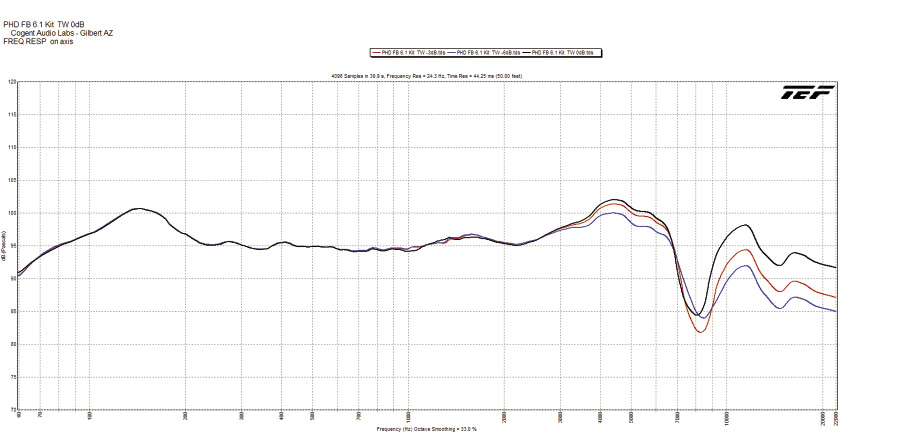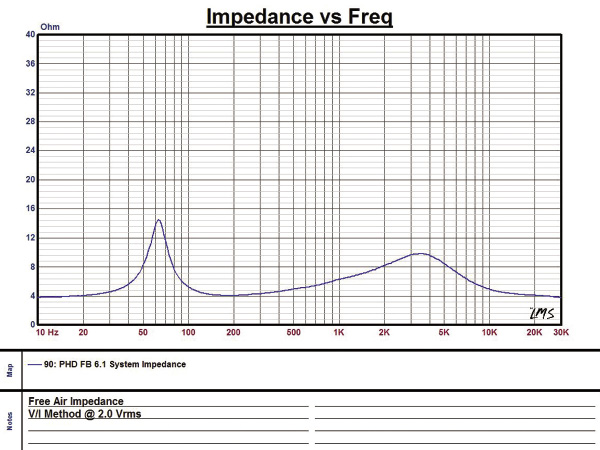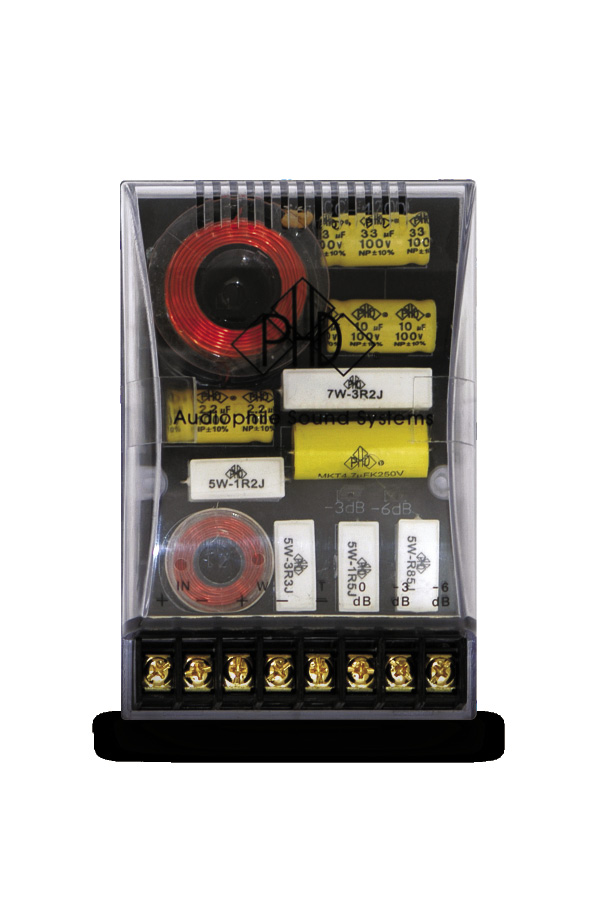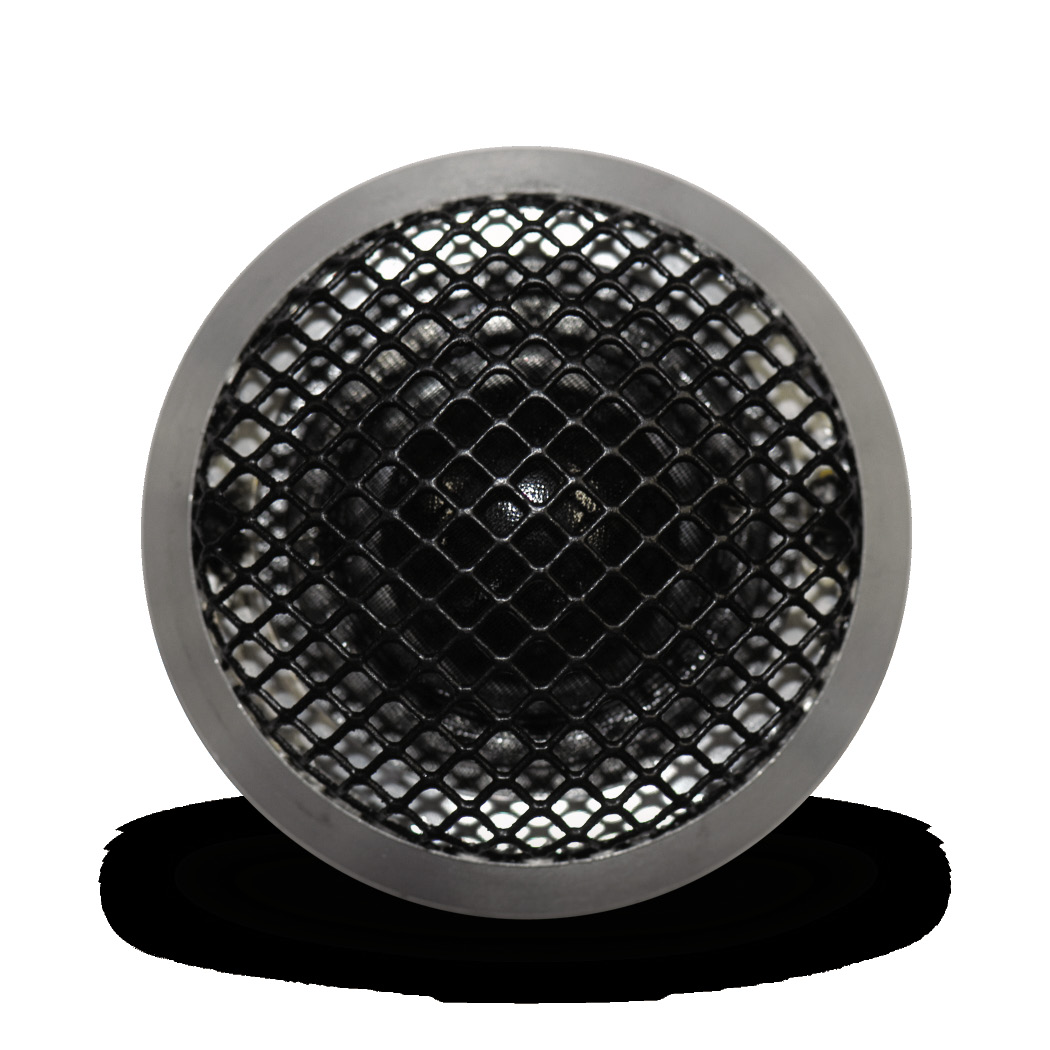One of the benefits of being a reviewer for PASMAG is that I get to play with different brands of gear that many people don’t know of or aren’t very familiar with. In this case, it’s a new high end component speaker system from the Italian manufacturer PHD. While the brand may not be too familiar, PHD has been in the loudspeaker manufacturing business for over twenty years, and has a solid reputation for putting out well engineered and meticulously crafted products. PHD products are found in the Mercedes Benz AMG 600SL Mille Miglia limited edition supercar and also have been selected as the official audio system for Ferrari. In the competition arena, the PHD brand has championships in sound quality and SPL contests all over the world. That sort of stuff doesn't happen by accident, so let’s take a closer look at the system they sent me, the FB 6.1 Competition, which is available in the U.S. and Canada for around $799.00.
Features and Construction
The FB series from PHD is designed for the utmost in sound quality and fidelity. The entire system is handcrafted in Rome, Italy and is sold exclusively through selected dealers.
Midrange:
The midrange in the system is a 6.5 inch driver built on an injection molded basket that uses some fairly unusual material. Called HIGHT TIGHT™ by PHD, the basket material is formed from a special blend of polycarbonate, fiberglass and other materials. The material is highly dampened to prevent basket ringing and is also very stable in challenging environments like automotive applications. The basket is designed with sonic performance in mind, and PHD claims that their eight rib design creates the ideal method of cancelling resonances that can normally travel from the motor assembly to the upper part of the speaker and add unwanted coloration to the sound. According to PHD’s engineers, the eight ribs act as resonance tunnels that transfer the unwanted energy, and at the same time are shaped specifically to avoid turbulence and reflections behind the cone. As an example of the details the PHD designers worry about, even the gold plated electrical connections are mounted to the ribs to keep them out of the airflow behind the speaker cone.
The cone itself is made of molded fiberglass, finished in matte black and connected to the outer diameter of the basket with a rubber surround. It’s driven by a 1 inch copper voice coil wound on an aluminum former. Locating the coil in the magnetic gap is the duty of a linear type cotton spider. The speaker also employs a copper jacket on the pole piece, sometimes known as a “shorting ring”. This technique is generally reserved for very high end speakers and is used to reduce the effects of voice coil inductance modulation based on voice coil position. The result is improved midrange response and reduced distortion.
Tweeter:
The tweeter in the FB 6.1 kit is a 1 inch silk dome design housed in a solid aluminum housing. The housing also contains a rear chamber to improve the low frequency reach of the tweeter. Ferrofluid is used for voice coil cooling. The tweeter mounting system comes in the form of another impressively machined piece of aluminum in the form of a surface mountable cup, which hold the tweeter in place with four tiny set screws. While this method may work in Europe, over here we tend to flush mount tweeters most of the time, and while maybe this system can be adapted to work that way, it would require the complete removal of the door panel to affix the mounting cup.
The crossover of the FB 6.1 kit is less esoteric than the midrange and tweeter. It is comprised of a -12 dB highpass network for the tweeter at 3500 Hz, and a -12 dB low pass network for the woofer, also at 3500 Hz. The tweeter level is adjustable to one of three levels, from 0 dB to -6dB. Interestingly, to make the level adjustment you have move a jumper on the board, and also move the positive tweeter wire to another terminal. A polyswitch provides protection for inadvertent over-current situations. The housing is pretty basic, made of smoked clear plastic, and the terminals are pretty standard gold plated screw type. The network uses air core inductors and a polyester cap for the tweeter circuit. The rest of the capacitors are standard electrolytics.
Listening:
I mounted the PHD system in my listening room baffles and exercised them by playing music at low levels for about 24 hours. Then I set the crossovers for no tweeter attenuation, and began my listening session. Almost immediately I knew the system was going to be a good performer. The system exhibited excellent intelligibility, and a lively exciting signature. The FB 6.1 delivered a warm, rich sounding bottom end, without being overly bass heavy or chesty sounding. The mid-bass response is definitely stronger than most of the competition, but not in a way that it made the midrange sound weak. The midrange and high frequencies were very pleasing and natural, without the “clinical” sound that some systems exhibit. Tweeter output was smooth and detailed, with good dispersion, and no trace of brittleness or sibilance. I listened to the system for several hours and played all kinds of music. The PHD FB 6.1 system is accurate enough to make really good recordings shine, and by the same token, really show the deficiencies of recordings that are not well done. I came away pleased and impressed with the sonics of the system, and while it may not be the most flat system I’ve ever heard, the sound was really pleasing and exciting to listen to. This is a system I could play for hours, just for the joy of listening to music.
On The Bench:
As expected, when I moved the system into the lab for measurements, the frequency response was not the flattest I’ve seen, but this is still a natural and great sounding system. A check of the system’s impedance showed the woofer had a resonant frequency of just over 60Hz, which is nice and low for a 6.5 inch driver.
Quick Specs:
Recommended Power 100 Watts Continuous / 200 Watts Peak
Sensitivity (2V/1M) 91dB SPL
Frequency Response 40Hz -22kHz (-3dB)
Mounting Depth 2.4” (61mm)
Mounting Diameter 6.5” (165mm)
Midrange Resonance 62Hz
Conclusion
This was the first experience I’ve had with PHD speakers, and I must say I came away impressed. Of course like most handmade Italian products they don’t come cheap, but if you are looking for a very good sounding speaker system and you believe that buying a long-lasting, quality product justifies the cost, PHD speakers may be perfect for you. You can find out more about the company and their products online at www.phd.it.
Related Articles
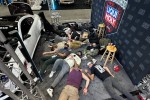 PASMAG Editors’ Top 5 SEMA Builds of 2025
PASMAG Editors’ Top 5 SEMA Builds of 2025
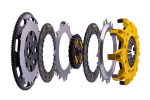 ACT Releases SFI-Approved 225mm Mod-Twin for 1989-1992 Nissan Skyline GT-R (R32)
ACT Releases SFI-Approved 225mm Mod-Twin for 1989-1992 Nissan Skyline GT-R (R32)
 MID Wheels by RAYS Introduces the All-New D8 Off-Road Wheel
MID Wheels by RAYS Introduces the All-New D8 Off-Road Wheel
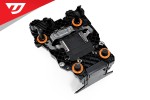 Unitronic TCU Tuning for the 8Y Audi RS3
Unitronic TCU Tuning for the 8Y Audi RS3
 Chopping Block: Acura RDX
Chopping Block: Acura RDX
 First BMW M EV confirmed for 2027
First BMW M EV confirmed for 2027



